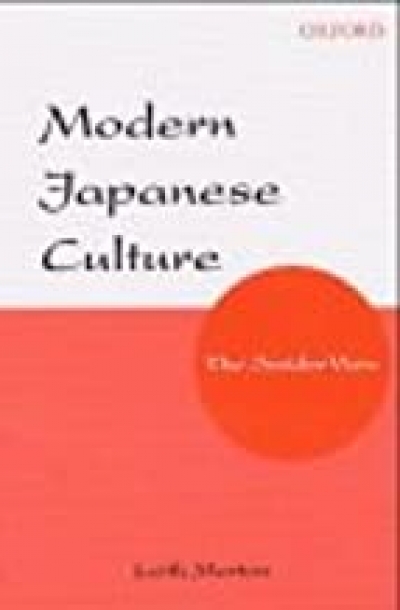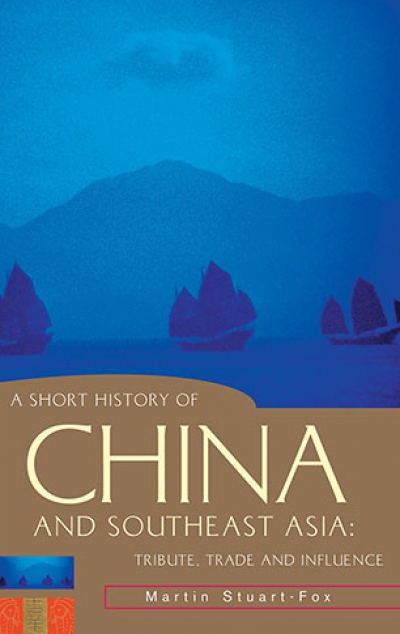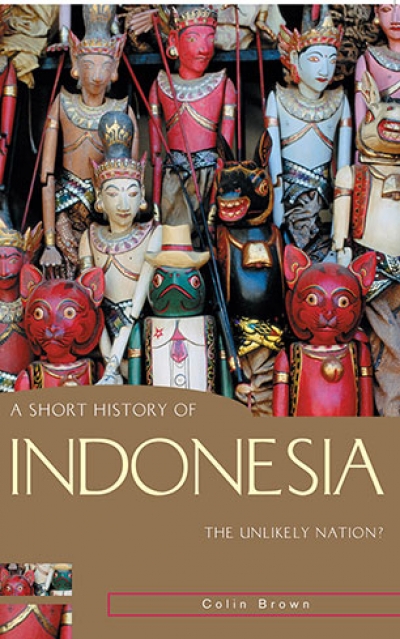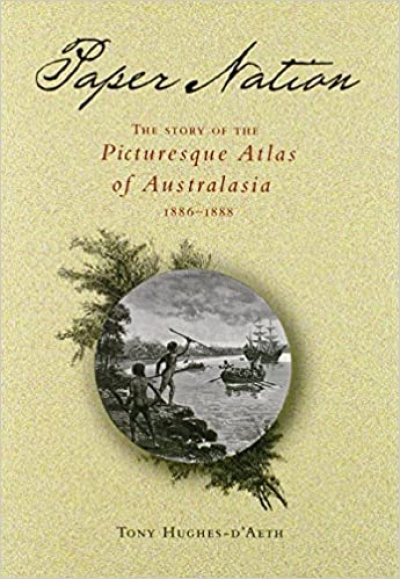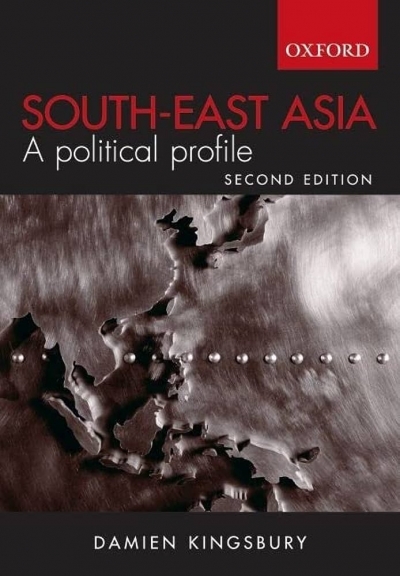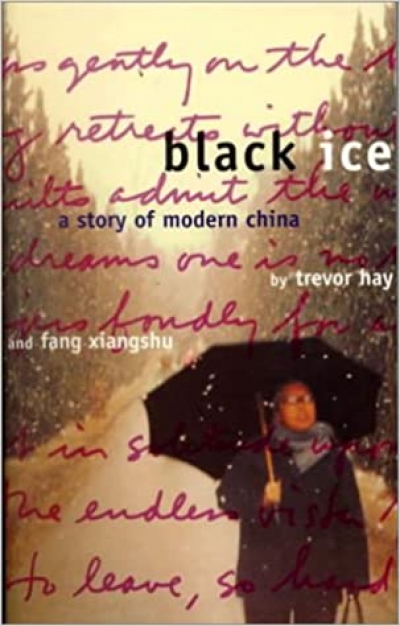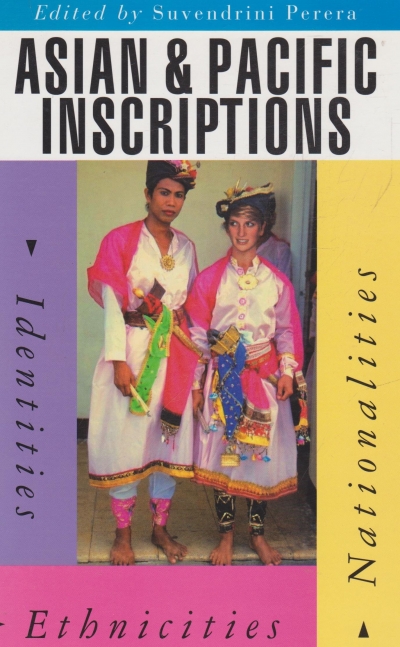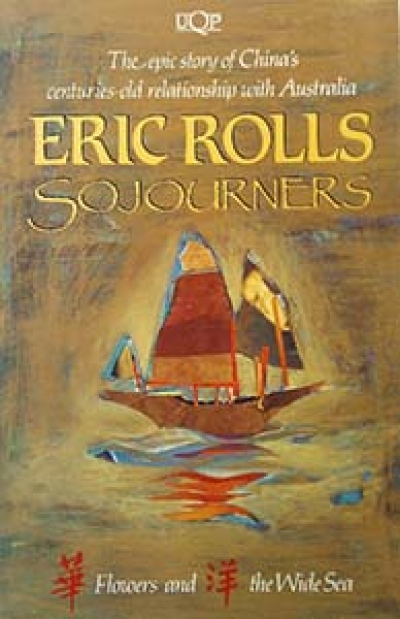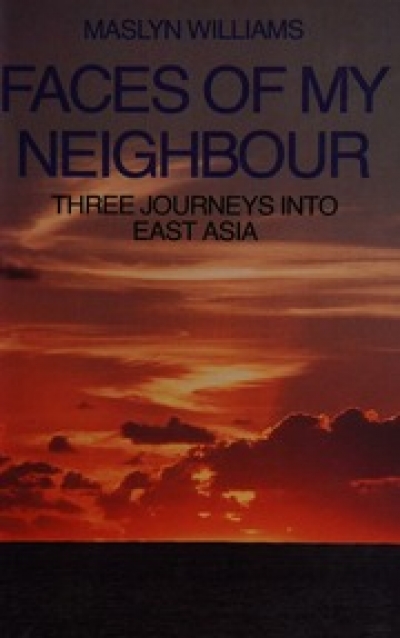Asian Studies
Modern Japanese Culture: The insider view by Leith Morton
Modern Japanese Culture – what a seductive title! It evokes images of a fast-paced, technologically advanced nation with deep traditions reinventing itself as a post-industrial society with a rich culture. We immediately think of Kurosawa’s epic films, manga comics and anime, contemporary ceramics, video games, Issey Miyake’s extravaganzas, the sublime minimalism of Ando Tadao’s architecture, and the photography of Ishida Kiichiro, currently on display at the Museum of Sydney.
... (read more)A Short History of China and Southeast Asia: Tribute, trade and influence by Martin Stuart-Fox
What interesting times we live in. Indeed, they are likely to become more interesting. One of the major issues for the new century is China’s emergence as a great power. How will China deal with the rest of the world? Should China be contained, confronted? How will its enhanced power be shown? How will governments wrestle with that power?
Martin Stuart-Fox outlines this problem from the multiple viewpoints of China and of South-East Asia, and adopts a long historical perspective. His tightly organised book covers around 2000 years of relationships between China and the many kingdoms and countries of South-East Asia. He argues, as a good historian should, that the past will powerfully shape the future: ‘a new pattern of power relations is emerging, one that harks back in significant ways to earlier times.’
... (read more)A Short History Of Indonesia: The Unlikely Nation? by Colin Brown
This is a welcome addition to the historical literature about Indonesia. Aimed at new readers with limited or no knowledge of Indonesia, and written in an informal and accessible style, it makes an interesting contrast with the other well-known history in this field, Merle Ricklefs’s History of Modern Indonesia. When Ricklefs produced his second edition about ten years ago (he published a third expanded edition in 2001), the very existence of the Indonesian state was not as problematic as it now seems. Scholars could still talk without hesitation of a ‘history of Indonesia’. These days, the future of the country as a single state is more contested than at any time since the 1950s. Hence Brown’s subtitle, ‘The Unlikely Nation?’ He explains in the foreword that, since the idea of a united archipelago is so recent, ‘in a sense the book has been written backwards, using the Indonesian state and nation at the end of the twentieth century as its starting or defining point’.
... (read more)Paper Nation: The story of the Picturesque Atlas of Australasia 1886–1888 by Tony Hughes-d’Aeth
I first encountered the Picturesque Atlas of Australasia long before I heard its name. Readers who were at primary school in the late 1960s or early 1970s will know what I’m talking about — those illustrated booklets (a treasure trove for school projects) on Australian history, put out by the Bank of New South Wales, with pompous, triumphalist titles such as ‘Endeavour and Achievement’.
... (read more)How different South-East Asia looks in 2001, compared with just four years ago. The economic crisis of 1997 gave the region a terrible shock. There is an entirely new country, Timor Loro Sa’e. Indonesia, that former bastion of stability and economic powerhouse, is now racked with unrest. It may well no longer exist in its present form a few years from now. The Philippines has just ejected another president, although its eternal problem of a landowning elite and an impoverished populace never seems to get addressed. Colonial borders are a problem everywhere in the region, incorporating tribes and peoples that would likely be better off if the whole map were redrawn.
... (read more)Black Ice: A story of modern China by Trevor Hay and Fang Xiangshu
In 1992, Fang Xiangshu collaborated with Trevor Hay, a mandarin-speaking Melbourne academic, on a non-fiction book, East Wind, West Wind, an account of Fang’s escape from China to begin a new life in Australia.
... (read more)Asian and Pacific Inscriptions: Identities, ethnicities, nationalities edited by Suvendrini Perera
Once the scourge of the conservatives, some practitioners of cultural studies are starting to make the stuffed shirts of English Departments look like mad-eyed anarchists.
... (read more)In October 1993 I picked up a copy of Window, the ‘Weekly Hong Kong Newsmagazine with Exclusive Coverage of China’ and found in the Business and Finance section a Profile, ‘Bob Hawke’s Eagle Eye in Asia’. There was a photograph of the Eagle, who described himself as a ‘business commentator and facilitator of increased enmeshment in Asia’. This was certainly a confident label. Reading on I discovered that Hawke saw himself as ‘overwhelmingly responsible for the vision of Australia as part of Asia’. He told the reporter than in his first days as Prime Minister he had used the phrase, ‘our future lies in enmeshment with Asia’, a sentiment that was at first greeted sceptically, but now, Hawke claimed, ‘no one questions the wisdom and correctness of Hawke’s vision. No one.’ Emphatic stuff, claiming sole credit for long term shifts in opinion and cultural practice, while dismissing the doubters. If that was all there was to my theme, this would be a very brief history indeed.
... (read more)Sojourners: The epic story of China’s centuries-old relationship with Australia by Eric Rolls
Mr Rolls has written an extraordinarily detailed history of the Chinese in Australia, interspersed with much additional related and unrelated matter. It is indeed a labour of love, written over a period of some twenty years, and the author has uncovered a large amount of fascinating and amazing information not readily available elsewhere. Much of this new material relates to the vibrant popular culture the Chinese brought with them: their food, cricket fighting, cock fighting, and other sorts of fairly harmless gambling; their diseases, living conditions and relations with their non-Chinese neighbours. A certain amount of the book concerns immigration acts and other forms of discrimination, of course, but the stronger impression one gets is a more positive one: the Chinese as hard workers and major contributors to Australian life.
... (read more)Faces of My Neighbour: Three journeys into East Asia by Maslyn Williams
On page eleven of this book, Australians are called an engagingly innocent people ‘splendidly unthinking of anything but the simplicities of affluent living.’ On page twelve, they are called ‘lazy and uncreative’. On page 311, the author writes: ‘Yet in spite of a widespread belief (mainly self-generated) that we are a nation of yahoos, we have as much capacity for some unique kind of greatness as the people of any other race and nation.’
... (read more)

